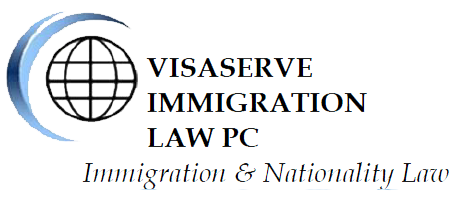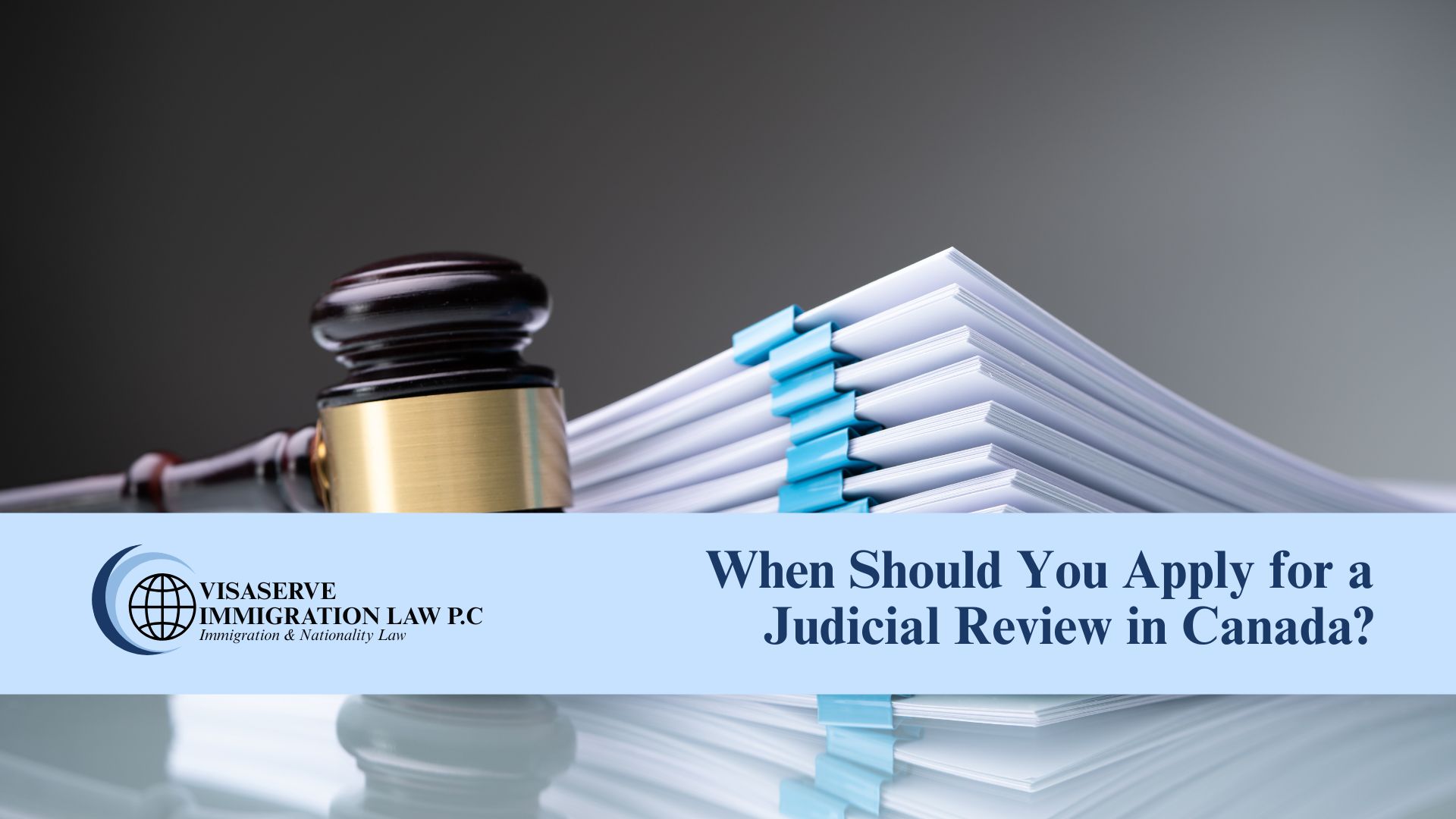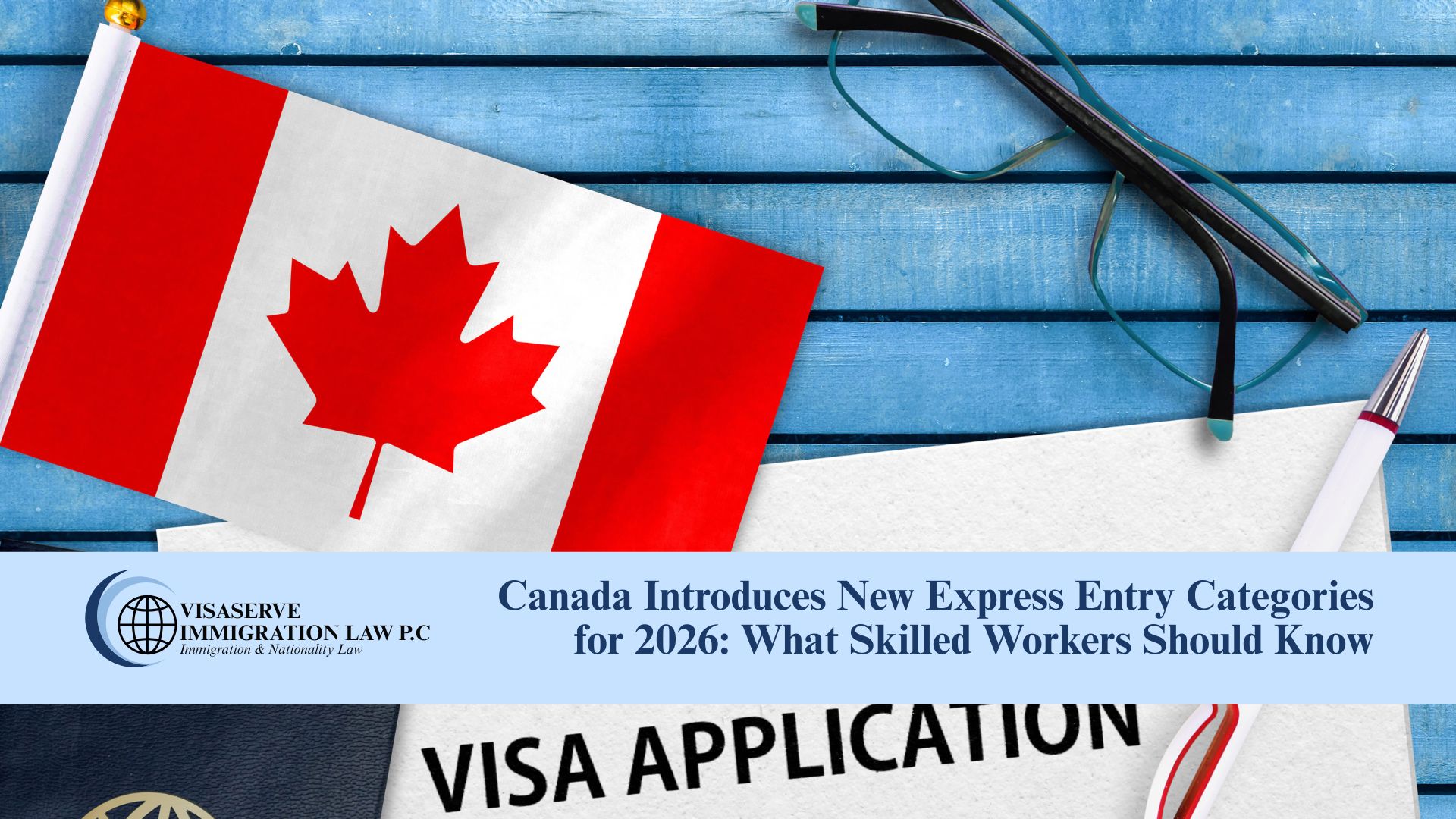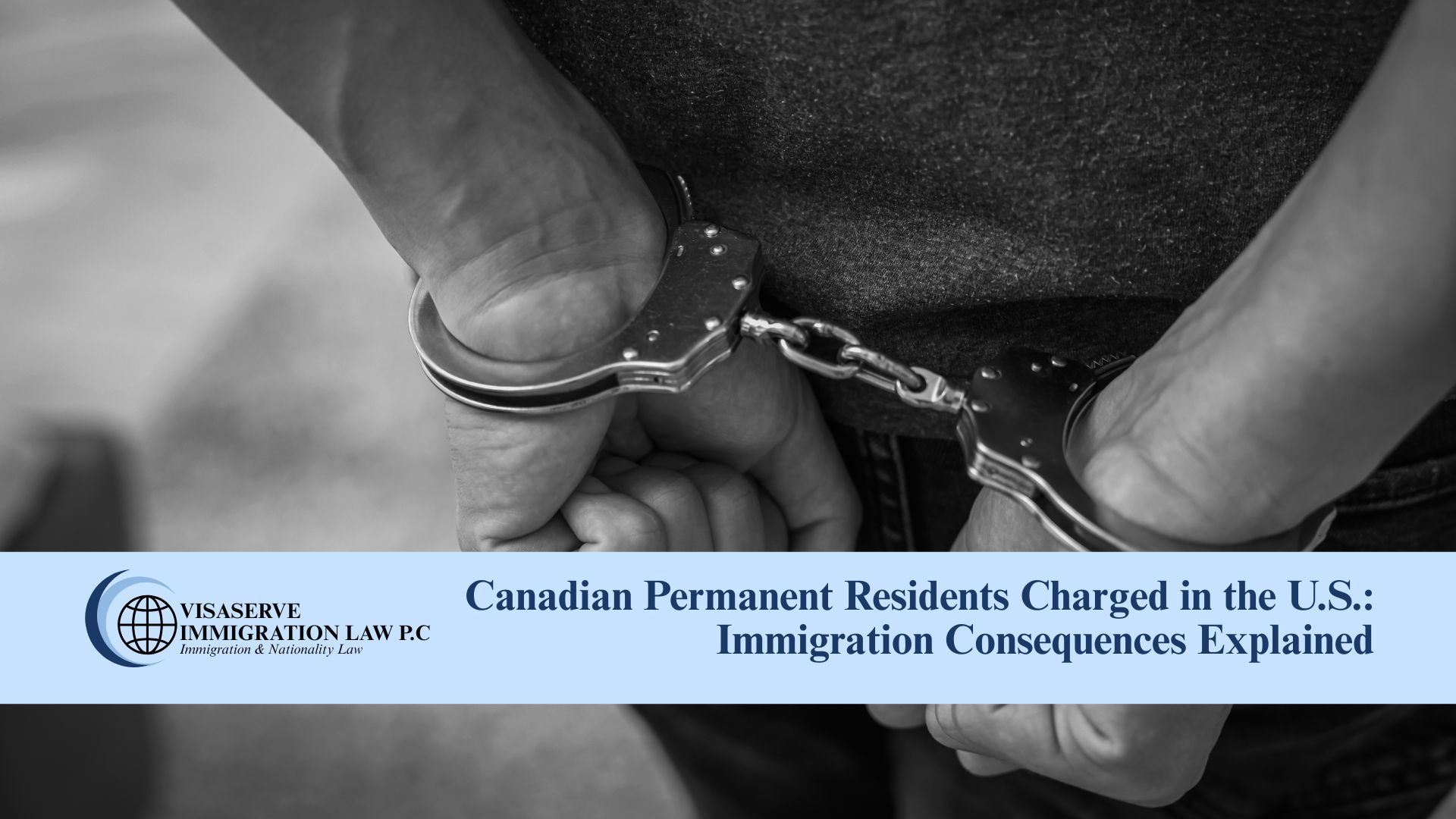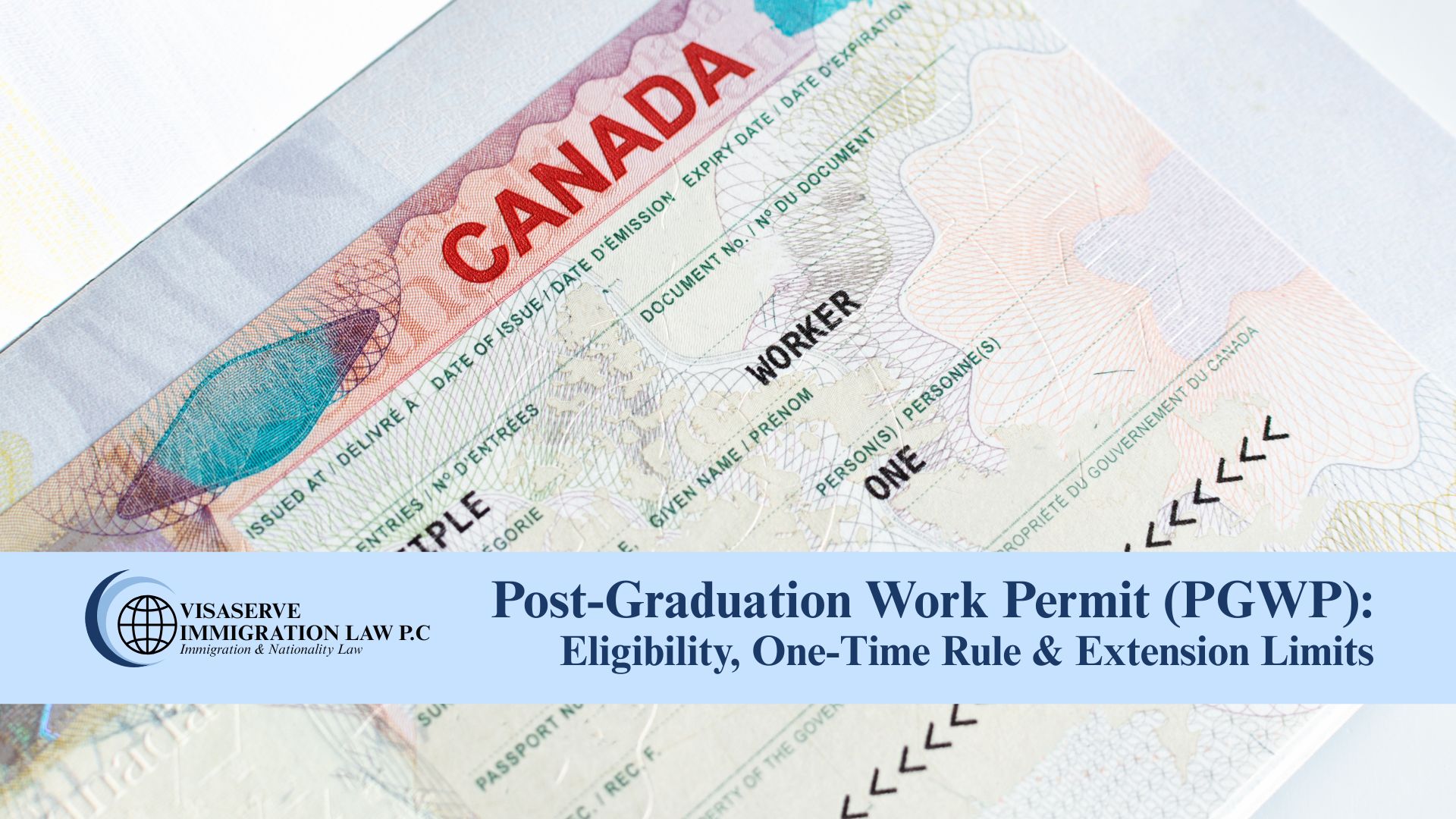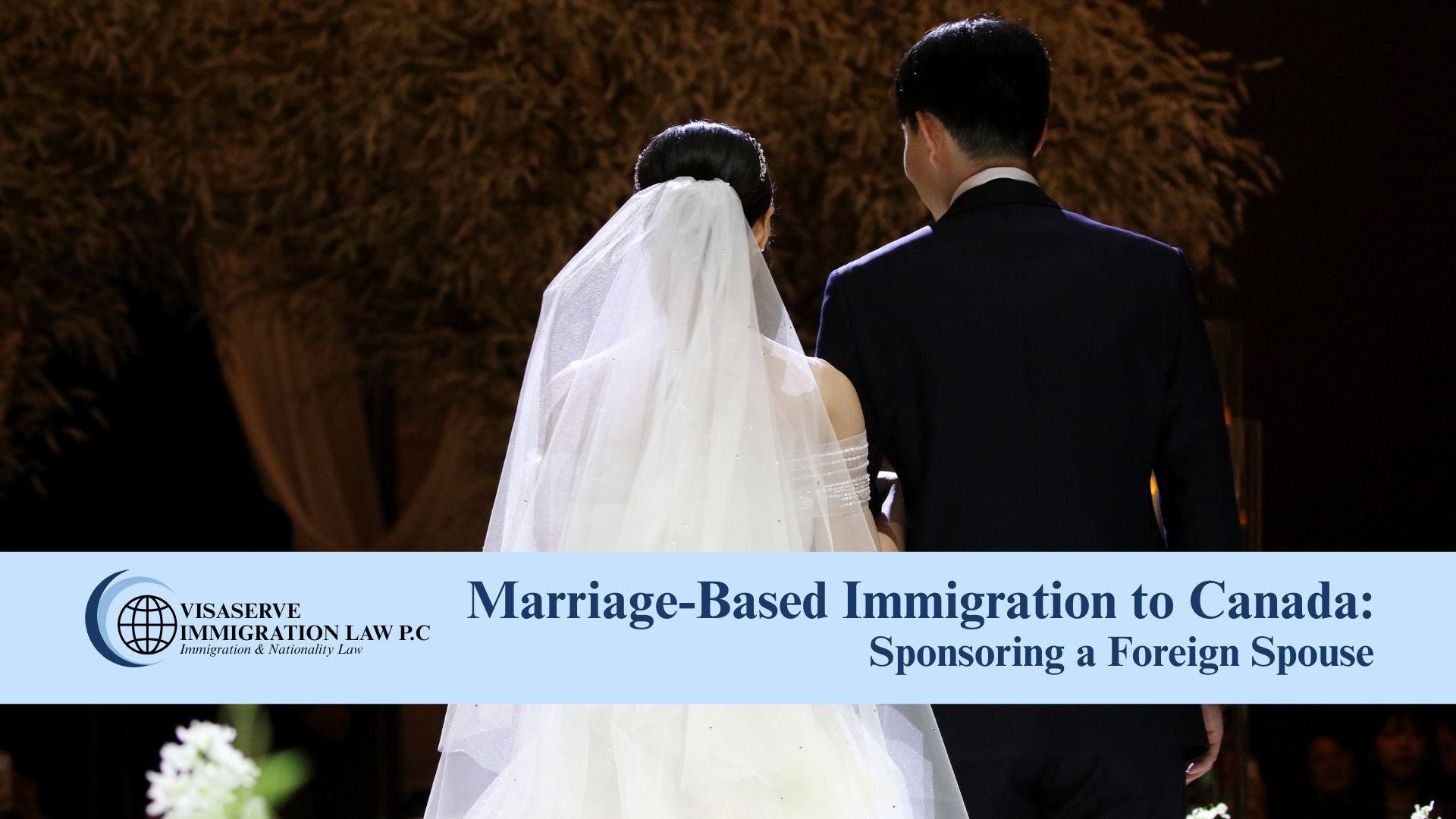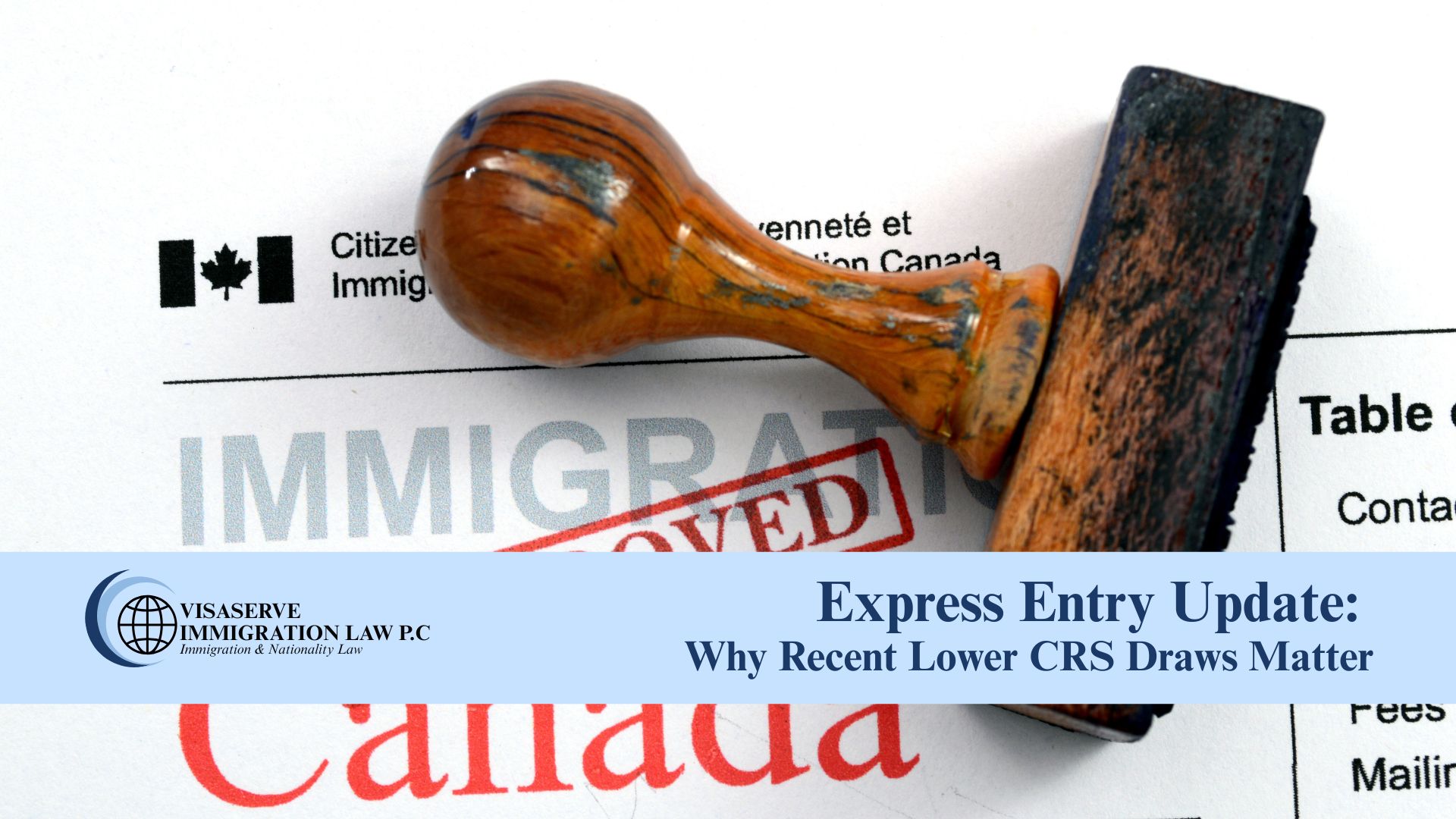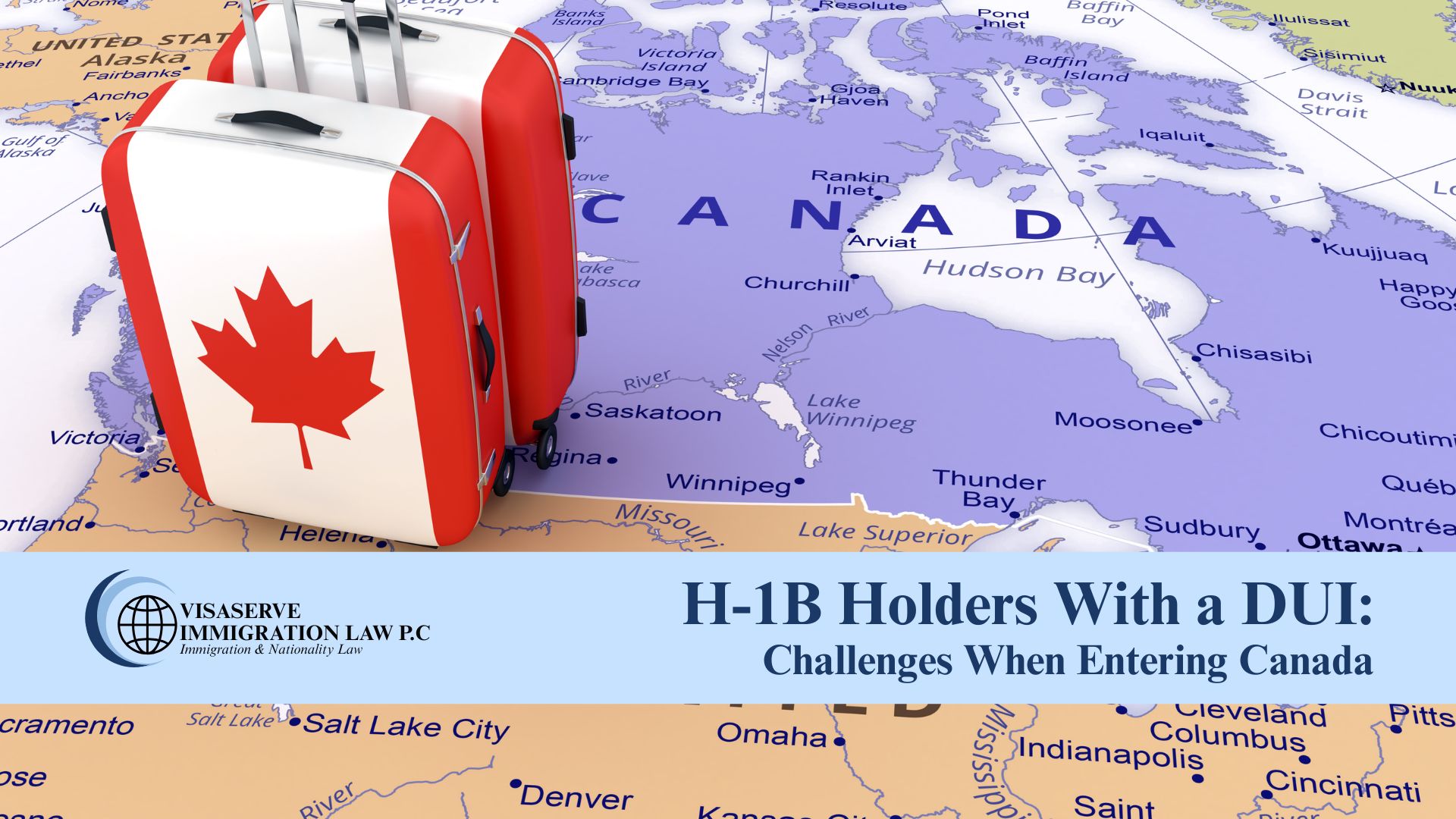When an immigration application is refused—whether it involves permanent residence, a temporary visa, or refugee protection—it can feel like the end of the road. However, Canada’s legal system provides an important safeguard known as a judicial review. This process allows you to ask the Federal Court of Canada to review the immigration officer’s decision for fairness and legality.
Understanding when and how to apply for a judicial review is essential to protecting your immigration rights.
What Is a Judicial Review?
A judicial review is not a new immigration application or an appeal on the merits of your case. Instead, it is a legal process through which a judge of the Federal Court of Canada examines whether an immigration officer’s decision was unreasonable, unfair, or made outside the law.
You cannot submit new evidence during this process. The Court only reviews the existing record and determines whether the decision-making process was conducted properly under Canadian law.
When Should You Consider Applying for a Judicial Review?
According to the Immigration and Refugee Protection Act (IRPA) and the Federal Courts Act, you should consider filing for a judicial review if:
-
You believe there was a procedural error – for example, if the officer ignored important documents or failed to give you an opportunity to respond to concerns.
-
The decision appears unreasonable or arbitrary – such as when findings contradict the evidence on record.
-
The decision-maker exceeded their authority – if an officer made a determination they were not legally empowered to make.
-
There was a breach of natural justice or fairness – for instance, if you were denied the right to a fair hearing.
Each case must be assessed individually to determine whether these conditions apply.
Strict Timelines for Judicial Review
The Federal Court of Canada enforces strict deadlines for filing a judicial review application:
-
15 days from the date you receive the decision if it was made inside Canada.
-
60 days if the decision was made outside Canada.
Missing these deadlines can result in losing your right to request a review. Therefore, you should seek legal advice immediately upon receiving a refusal letter.
The Two-Stage Process
Judicial review applications involve two key stages:
-
Leave Application Stage – You must first request permission (“leave”) from the Court to proceed. A judge will review written submissions to decide whether your case raises an arguable issue.
-
Hearing Stage – If leave is granted, your case moves to an oral hearing, where both your lawyer and the government’s counsel present legal arguments. The judge will then decide whether to uphold or set aside the original decision.
If the judge finds the officer’s decision to be unreasonable or procedurally unfair, the Court may set aside the decision and send it back to IRCC or the Immigration and Refugee Board for reconsideration by a different officer.
What Judicial Review Cannot Do
It is important to understand what a judicial review cannot do:
-
The Court cannot grant you a visa or immigration status directly.
-
It does not substitute the judge’s decision for that of the immigration officer.
-
It only ensures the decision was made lawfully and fairly.
If your case is sent back for reconsideration, a new decision-maker at IRCC will reassess the application according to the Court’s guidance.
Why Legal Representation Matters
Judicial review is a complex legal process governed by specific procedural rules. A qualified immigration lawyer can evaluate whether your case has merit, prepare the necessary legal arguments, and file your application within the required timeframe.
At Visaserve Immigration Law P.C., we represent clients before the Federal Court of Canada and handle complex refusals involving work permits, study permits, permanent residence, and humanitarian cases. Our goal is to ensure your application is treated with fairness and integrity.
Final Thoughts
A refusal from Immigration, Refugees and Citizenship Canada (IRCC) does not always mean the end of your journey. Judicial review can be a powerful tool to hold decision-makers accountable and ensure your application receives a fair evaluation.
If you believe your immigration application was refused unfairly, contact Visaserve Immigration Law P.C. today for a consultation. Our experienced lawyers can help you determine whether judicial review is the right option for your case.
